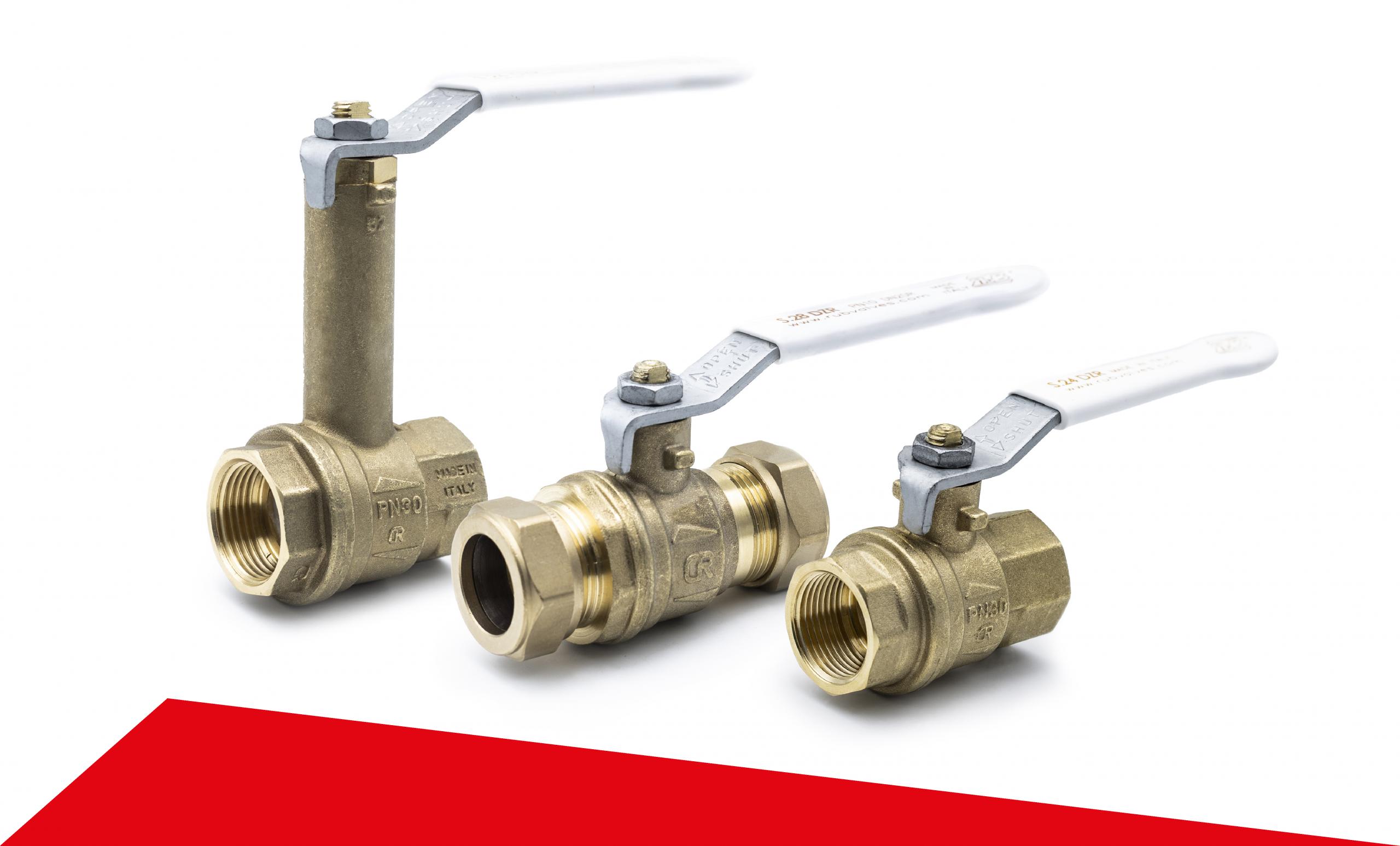When producing elements that come into direct contact with water, such as ball valves and fittings, care must be taken to prevent – and avoid – dezincification, a particular form of corrosion in which zinc leaches from the brass.
Some countries such as Scandinavian countries, England and Australia are particularly sensitive to this issue since this chemical process weakens the materials and compromises the mechanical properties of the component, part or product, leading to potential seepage or fractures.
This phenomenon is triggered by a combination of several factors, including high levels of oxygen, carbon dioxide, chlorides and other elements in the water to which the brass is exposed, but high fluid temperatures, fluid flows, alkalinity and even air pollution can further increase its corrosion potential. The brass alloy used for this type of product must therefore be made with special care to avoid fractures, leaks and failures in the long term.
With 70 years of experience, we at Bonomi Industries are well aware of the critical issues and problems associated with dezincification and know how to tackle them. That is why we have developed a range of RuB ball valves named DZR, which offer corrosion resistance comparable to that of bronze while retaining the reliability of brass.
We use dezincification-resistant (DZR or DR) brass, sometimes referred to as CR (corrosion resistant) brass, where there is a real risk of corrosion and normal brass does not meet the standards.
We are always attentive and at the forefront when it comes to safety and respect for the environment, especially in the case of a precious element such as water. And thanks to our ball valves with special alloys, you will be too.
Request more information about our dezincification-resistant ball valves and combat waste for the benefit of the planet.
Our DZR RuB ball valves:
